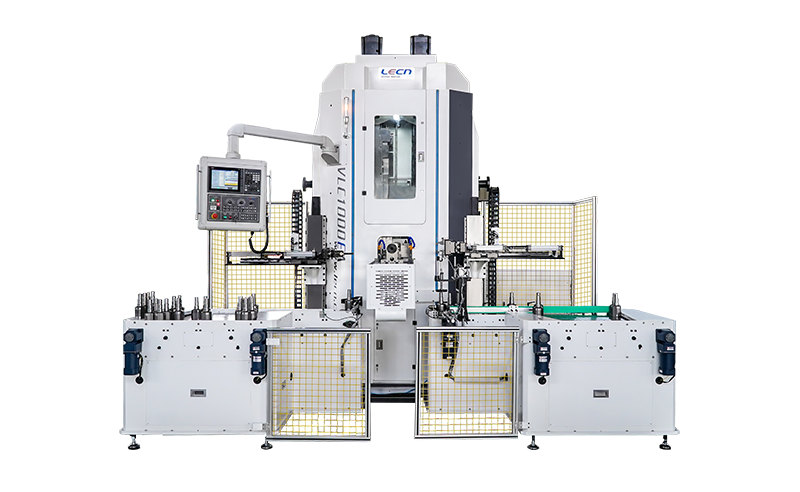Automatic CNC Machines: Revolutionizing Precision Manufacturing
In the dynamic landscape of modern manufacturing, Automatic CNC (Computer Numerical Control) machines have emerged as a pivotal force, transforming the way we approach precision and efficiency in production. This article delves into the intricacies of automatic CNC machines, exploring their evolution, applications, advantages, challenges, and future trends.
Introduction
Definition of Automatic CNC Machines
Automatic CNC machines, a cornerstone of advanced manufacturing, utilize computerized systems to control and automate machining tools. These machines play a crucial role in achieving unparalleled precision and efficiency in various industries.
Importance in Modern Manufacturing
In an era where precision and speed are paramount, automatic CNC machines stand out as the backbone of modern manufacturing. From aerospace components to intricate medical devices, these machines are instrumental in shaping the products that define our technological landscape.
Evolution of CNC Technology
Early CNC Machines
The journey of automatic CNC machines traces back to the mid-20th century when the first numerical control (NC) machines were introduced. These early machines laid the foundation for the automation revolution that was to come.
Advancements in Automation
With rapid technological advancements, CNC machines evolved to integrate automation, allowing for more complex and intricate machining processes. The shift from manual control to automated precision marked a significant leap forward.
Integration of Artificial Intelligence
In recent years, automatic CNC machines have embraced artificial intelligence, enabling them to adapt, learn, and optimize operations in real-time. This integration has elevated the capabilities of CNC machines to new heights.
Key Components of Automatic CNC Machines
Computer Numerical Control
At the heart of automatic CNC machines lies Computer Numerical Control, where a computerized system interprets design specifications and translates them into precise machining instructions. This level of control ensures consistency and accuracy in the manufacturing process.
Motors and Drives
Efficient motors and drives are essential components that power the movement of cutting tools and workpieces. The synergy between these elements determines the machine's ability to execute intricate designs with utmost precision.
Tools and Tooling
The choice of tools and tooling systems significantly influences the versatility of automatic CNC machines. Various tools cater to specific materials and design requirements, offering manufacturers the flexibility to adapt to diverse production needs.
Applications of Automatic CNC Machines
Precision Machining
One of the primary applications of automatic CNC Machining is precision machining. Whether crafting intricate parts for the automotive industry or producing components for medical devices, these machines ensure microscopic accuracy.
Mass Production
Automatic CNC machines excel in mass production scenarios, where the need for consistent quality and high output is paramount. The ability to replicate designs with minimal variation makes them indispensable in large-scale manufacturing.
Customization in Manufacturing
Contrary to the misconception that CNC machines are only suitable for mass production, they also facilitate customization. With advanced programming, manufacturers can tailor designs to meet specific requirements, catering to niche markets.
Advantages of Automatic CNC Machines
Precision and Accuracy
The inherent precision of automatic CNC machines eliminates human error, resulting in consistently accurate products. This level of precision is especially critical in industries where exact specifications are non-negotiable.
Increased Efficiency
Automation translates to increased efficiency, as automatic CNC machines operate tirelessly without the need for breaks. This not only speeds up production but also ensures a continuous workflow, contributing to overall productivity.
Reduction in Human Error
The automation of tasks minimizes the risk of human error, a significant factor in industries where the slightest deviation from specifications can have severe consequences. Automatic CNC machines mitigate this risk, enhancing the reliability of the manufacturing process.
In conclusion, automatic CNC machines have revolutionized manufacturing, offering unprecedented precision, efficiency, and adaptability. From overcoming challenges to embracing future trends, these machines continue to shape the landscape of modern production.
As we look ahead, the future of CNC technology holds exciting possibilities. Integration with IoT, enhanced machine learning capabilities, and a commitment to sustainability are driving forces that will further elevate the impact of automatic CNC machines.
388
0
0



Comments
All Comments (0)